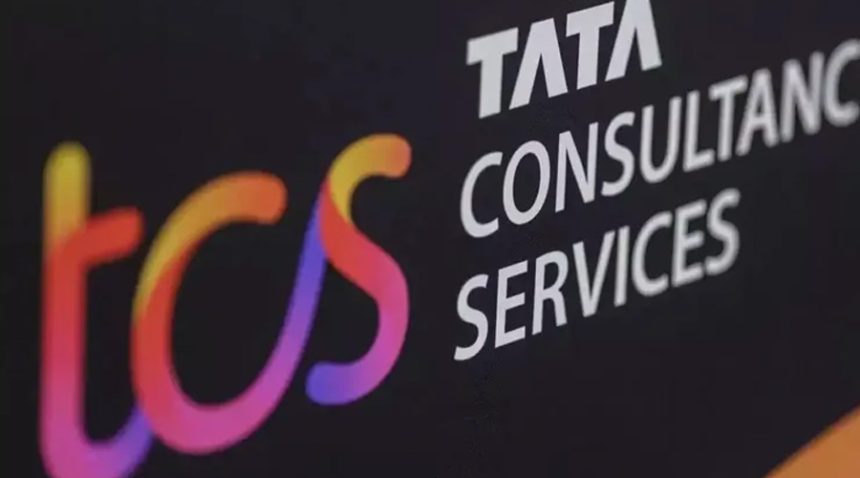The case raises concerns for the IT services industry amid regulatory scrutiny
Tata Consultancy Services (TCS), India’s largest IT services provider, faced serious allegations of visa fraud in the United States. Former employees accused the company of misusing L-1A manager visas to circumvent stringent H-1B visa regulations, potentially violating U.S. immigration laws.
Background of the Allegations
The controversy centers on claims that TCS falsely designated frontline workers as managers to obtain L-1A visas, which are intended for intra-company transfers of managerial staff and are subject to less stringent requirements than H-1B visas. This practice allegedly began in 2017 during the first term of President Donald Trump, a period marked by heightened scrutiny of employment visas.
Anil Kini, a former IT manager at TCS’s Denver office, emerged as a key whistleblower. He asserted that company executives directed him to alter internal organizational charts, misclassifying employees’ roles to align with L-1A visa criteria. Kini claimed that when he raised concerns about these practices, he faced retaliation, including pay cuts, stalled promotions, removal from projects, and eventual termination. In response, he filed a lawsuit under the False Claims Act, which permits individuals to sue on behalf of the government over fraudulent activities. Although his initial lawsuit was dismissed, Kini has appealed the decision.
Discrepancies in Visa Usage
Data from the U.S. Citizenship and Immigration Services (USCIS) between October 2019 and September 2023 revealed that TCS secured over 6,500 L-1A visas, more than the combined total of the next six largest recipients. This figure raises questions, especially when juxtaposed with TCS’s 2022 report to the Equal Employment Opportunity Commission (EEOC), which indicated fewer than 600 executive or managerial positions among its 31,000 U.S.-based employees. The significant disparity between the number of managerial roles and L-1A visas obtained suggests potential misrepresentation of employee roles to exploit the L-1A visa system.
TCS’s Response
TCS has firmly denied any misconduct. A company spokesperson stated, “TCS does not comment on ongoing litigation; however, we strongly refute these inaccurate allegations by certain ex-employees, which have previously been dismissed by multiple courts and tribunals. TCS rigorously adheres to all U.S. laws.” The company maintains that its visa practices are compliant with U.S. regulations and that previous legal challenges have been resolved in its favor.
Implications for the IT Industry
These allegations against TCS highlight broader concerns within the IT outsourcing industry regarding visa practices:
Regulatory Scrutiny: The case may prompt U.S. authorities to intensify oversight of L-1A and H-1B visa programs, ensuring companies adhere strictly to visa requirements and do not exploit less regulated categories to bypass immigration laws.
Operational Challenges: Increased scrutiny could lead to more rigorous application processes and potential delays, affecting how IT firms allocate human resources for U.S.-based projects.
Reputational Impact: For companies like TCS, such allegations can tarnish corporate reputations, potentially influencing client trust and future business opportunities.
Legal and Ethical Considerations
The misuse of visa categories not only contravenes immigration laws but also raises ethical questions about corporate governance and responsibility. If companies are found to have willfully misrepresented employee roles to gain visa approvals, they could face legal penalties, including fines and restrictions on future visa applications. Moreover, such practices can undermine the integrity of immigration systems, disadvantaging both domestic workers and foreign employees who adhere to legal pathways.
The visa fraud allegations against TCS underscore the complexities and challenges within the global IT outsourcing industry, particularly concerning immigration and labor practices. As the legal proceedings continue, the case serves as a critical reminder for multinational corporations to maintain transparency and compliance in their operations, ensuring that business practices align with both legal standards and ethical norms.






